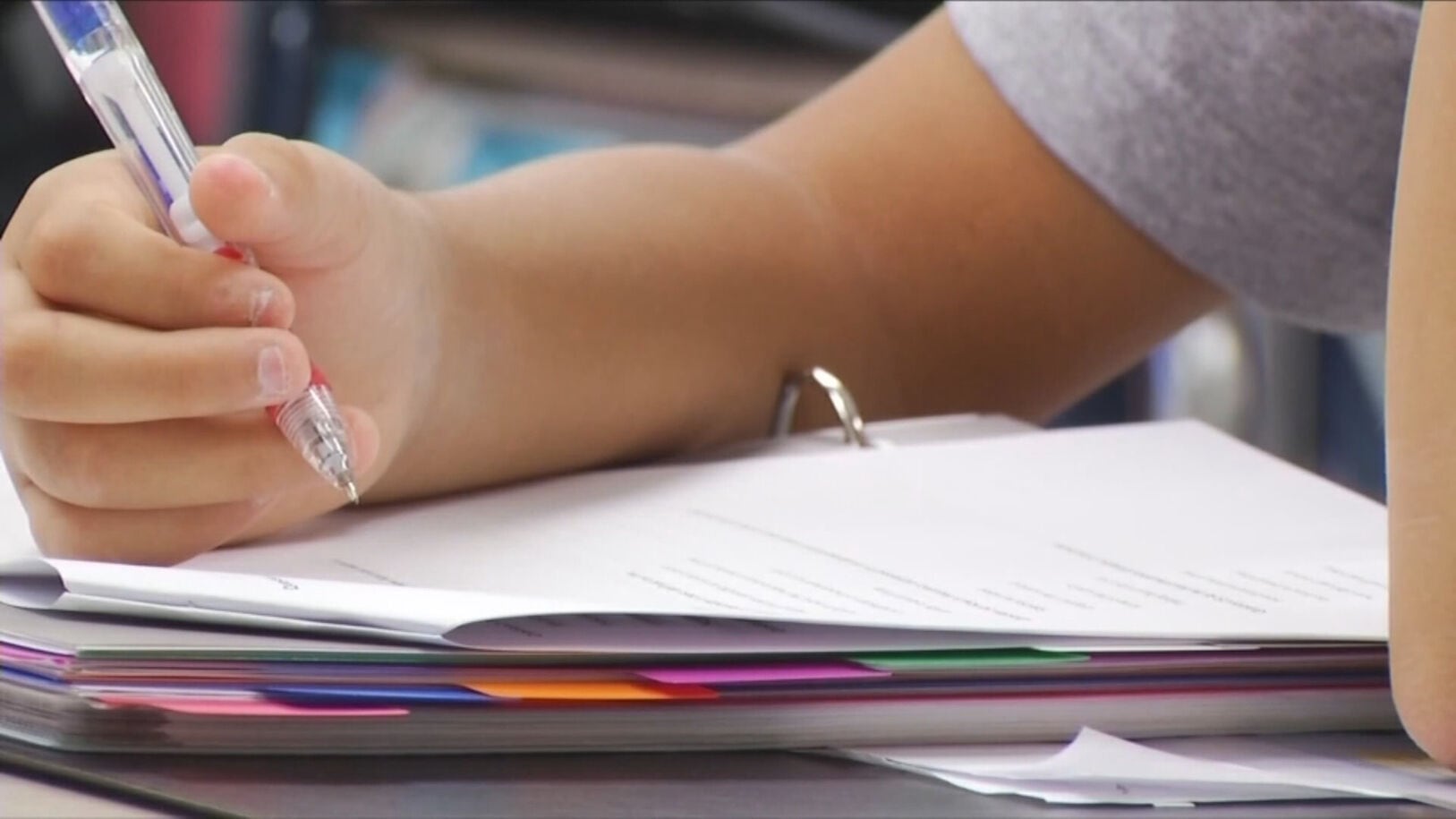S.C. attorney general, lawmakers push for permanent bathroom bill
COLUMBIA, S.C. (WIS) - South Carolina Attorney General Alan Wilson and state legislators spoke Wednesday afternoon to discuss a bill focused on access to school bathrooms and changing rooms.
Wilson spoke in of The Student Physical Privacy Act, a bill that would require people to use school bathrooms and changing rooms based on their sex assigned at birth. The bill was introduced in the South Carolina Senate on Jan. 9, 2024.
S.C. audit finds mysterious $1.8B state surplus doesn’t exist
South Carolina now faces a U.S. Securities and Exchange Commission investigation into the misreporting of a $1.8 billion surplus that never existed.

This legislation is currently in effect as a budget proviso, a temporary law that only lasts as long as the fiscal year. However, Wilson is advocating for the bill to be ed and the legislation to become permanent.
“We shouldn’t have to be having this conversation,” said Wilson. “But because there are radical thinking people in this world, people who don’t put the same level of care and concern in the privacy and safety of our children, we have to codify this.”
S.C. lawmakers discuss using lottery funds for school vouchers
State lawmakers are preparing for a new legislative session, and one of their top priorities involves South Carolina’s private school voucher program.

Several states have ed similar bathroom bills, which are widely opposed by advocates for the LGBTQ+ community.
The legislation’s proponents believe the law is necessary to protect privacy and safety for children while its critics argue the law increases risks for transgender people.
“This is not about division or discrimination,” said Rep. Fawn Pedalino during the press conference. “It is about recognizing a simple truth. Males and females are biologically different. These differences are not opinions or social constructs. They are biological realities that deserve acknowledgment, particularly in environments where students are undressing or showering.”
Copyright 2025 WRDW/WAGT. All rights reserved.















